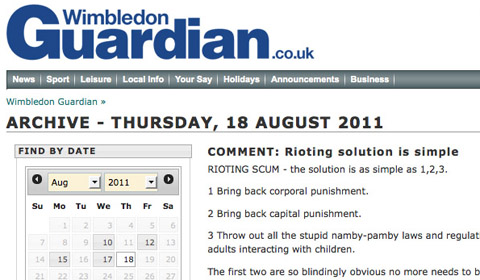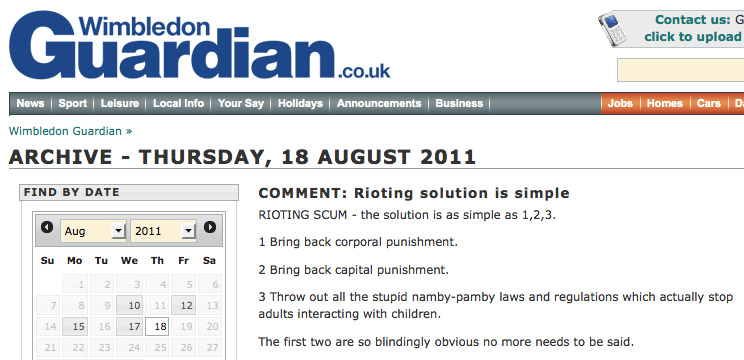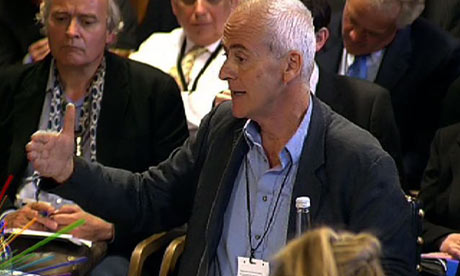
Jake Davis arrives at Westminster Magistrates Court. Image: Anthony Devlin/PA
The arrest of Jake Davis, an 18-year-old from the Shetland Islands who is alleged to be a key member of hacker collective LulzSec, was widely reported by national news organisations last week.
Like his arrest, Davis’ bail hearing at Westminster Magistrates Court yesterday was well covered, receiving top billing on both the Channel 4 News and Telegraph websites for several hours in the afternoon.
But the story divided the major news organisations over what they should and should not report from the hearing, based on restrictions put in place by section eight of the Magistrates Courts Act 1980. The Act, which is designed to minimise the risk of prejudicing any future trial, automatically places reporting restrictions on hearings which are in effect unless lifted by the judge. They permit journalists to report only the following:
1. Name of the court and names of the magistrates
2. Names, addresses and occupations of parties and witnesses and ages of the accused and witnesses
3. Names of counsel and solicitors in the proceedings
4. Offences with which the accused is charged, or summary of them
5. Any decision to commit the accused or any of the accused for trial; any decision on the disposal of the case of any accused not commuted
6. The charge or charges, or a summary of them, on which the accused is committed for trial; the court to which he or she is committed
7. Bail arrangements, including conditions of bail, but not any reasons for opposing or refusing it
8. Whether legal aid was granted
9. If proceedings are adjourned, the date and place to which they are adjourned
10. Any decision of the court to lift or not lift these reporting restrictions.
Point 6, which allows for the reporting of the charges against the accused, extends to anything detailed on the charge sheet submitted in court. Some news outlets stuck hard and fast to the rules, but others, including Channel 4 News, the Telegraph, the Independent, and the Times, reported additional details of the evidence against Davis that are technically protected by the restrictions.
Reporting details not listed in the Magistrates Court Act or covered by the charge sheet would not put a news outlet in contempt of court, but it would be a breach of the Act and carry a possible £5,000 fine.
Following a discussion between Channel 4’s news team and lawyer, its article was amended shortly after publication to remove the details in question.
The Telegraph also changed its story, in which the headline and first and second paragraphs were based on restricted details, although only this morning after I had queried the legality of the piece with a press officer there. The paper refused to comment on the reasons for amending its coverage.
The Independent article, which reports the same details of evidence against Davis as the Telegraph previously had, plus quotes from the defence and prosecution lawyers that appear to have been said in the hearing, remains unchanged at the time of publishing. The Times article also remains unchanged. No one from the Independent or the Times was available to comment at the time of publishing.
The differing approaches of national news organisations reflect something of a grey area over what should and shouldn’t be reported from hearings under the Magistrates Court Act. The Act has never been strictly observed by news outlets, a lawyer at a national newspaper told me, saying that the guiding principle tended to be whether the details reported risked prejudicing a future trial.
David Allen Green, head of media at law firm Preiskel & Co LLP, told Journalism.co.uk that the reporting of committal hearings is a “legal minefield,” adding: “Even experienced journalists and editors can get the law wrong.”
Media law consultant David Banks said that journalists tend to “push at the boundaries” of the Act but that prosecutions are rare, and only likely if the details reported by the press were in dispute in court or likely to prejudice a trial.




